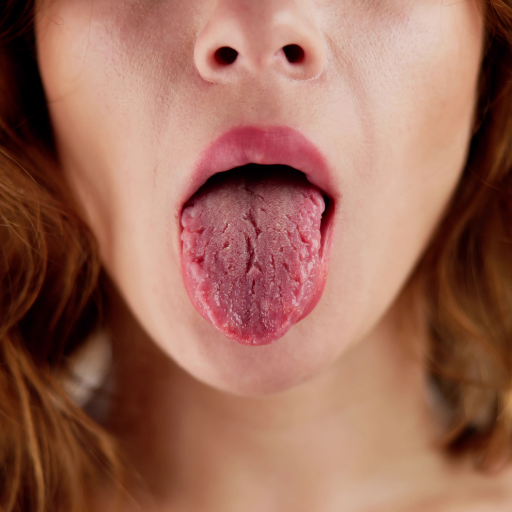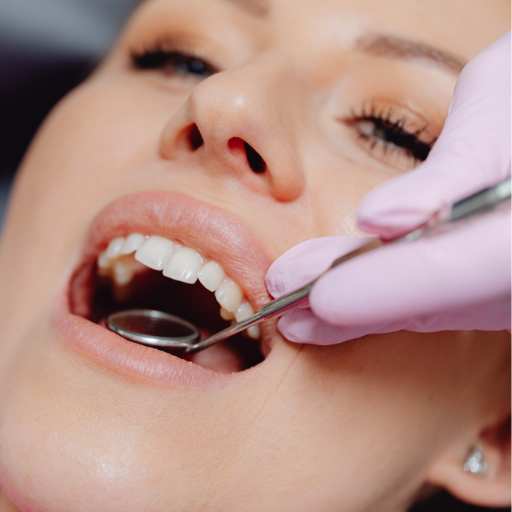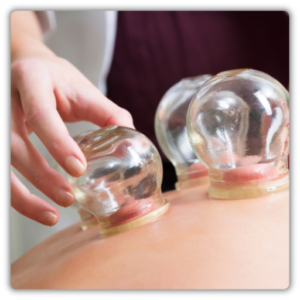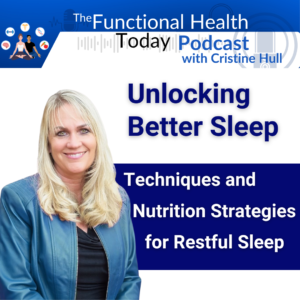
Dry mouth, also called xerostomia, occurs when the salivary glands in the mouth don’t make enough saliva to keep it moist. This can lead to difficulty swallowing, a mouth that feels dry, and even tooth decay. Since saliva helps protect the teeth and gums, not having enough saliva increases the risk of cavities and gum disease.
KEY POINTS
Dry mouth (xerostomia) occurs when the salivary glands don’t produce enough saliva, leading to discomfort, difficulty swallowing, and an increased risk of tooth decay and gum disease.
Common causes of dry mouth include medications, medical conditions like Sjögren’s syndrome, radiation therapy, and mouth breathing, all of which can reduce saliva flow and contribute to oral health problems.
Home remedies such as staying hydrated, chewing sugar-free gum, using mouth rinses for dry mouth, and avoiding alcohol and caffeine can help stimulate saliva production and relieve symptoms.
If dry mouth persists despite lifestyle changes, a dentist can assess saliva levels and recommend treatments, ensuring long-term oral health and preventing complications like cavities and gum irritation.

Pop in your email below, and we’ll zip it straight to your inbox so you never lose it!
What Causes Dry Mouth?
There are many causes of dry mouth, including medications that cause dry mouth, such as decongestants, muscle relaxants, and drugs used to treat high blood pressure. Head and neck conditions, radiation therapy, and sjögren’s syndrome can also lead to xerostomia. Additionally, mouth breathing can contribute to dry and uncomfortable sensations, particularly at night.

How Does Dry Mouth Affect Dental Health?
There are many causes of dry mouth, including medications that cause dry mouth, such as decongestants, muscle relaxants, and drugs used to treat high blood pressure. Head and neck conditions, radiation therapy, and sjögren’s syndrome can also lead to xerostomia. Additionally, mouth breathing can contribute to dry and uncomfortable sensations, particularly at night.
Nighttime Symptoms of Dry Mouth
Without enough saliva to keep the mouth wet, the acidity in the mouth increases, leading to tooth decay and gum irritation. According to the American Dental Association, saliva helps neutralize acids, wash away food particles, and protect teeth and gums.
Home Remedies for Dry Mouth
Managing dry mouth at home involves several natural remedies that can help stimulate saliva flow and provide relief:
- Drink plenty of water: Staying hydrated can help lubricate your mouth and promote saliva production.
- Chew sugar-free gum or suck on hard candy: This can stimulate saliva flow and help prevent dry and uncomfortable sensations.
- Use a mouth rinse designed for dry mouth: Many over-the-counter mouth rinses contain ingredients that help keep your mouth wet.
- Try artificial saliva products: These can help replace saliva to keep the mouth moist.
- Avoid alcohol and caffeine: These can cause dry mouth and reduce salivary flow.
- Use a humidifier at night: This can help reduce dry mouth at night by adding moisture to the air.
How to Manage Dry Mouth Effectively
In addition to home remedies, other management of dry mouth strategies include:
- Eating moisture-rich foods: Soft foods with high water content can help keep the mouth wet.
- Avoiding salty and spicy foods: These can worsen dry mouth symptoms.
- Practicing good oral hygiene: Brushing and flossing regularly helps prevent tooth decay caused by reduced saliva flow.
- Using sugar-free lozenges: These can help keep your mouth wet and reduce discomfort.
When to See a Dentist for Dry Mouth
If you experience dry mouth even after making lifestyle changes, a dentist can assess the amount and quality of saliva you produce. Diagnosis and treatment depend on identifying the underlying cause, whether it’s sjögren’s, nerve damage, or head and neck cancer treatments.
Drinking water or a sugarless drink during meals, avoiding alcohol, and using topical treatments can help ease dry mouth. Keeping your mouth wet is essential for preventing complications, so don’t hesitate to seek professional advice if your dry mouth persists.











